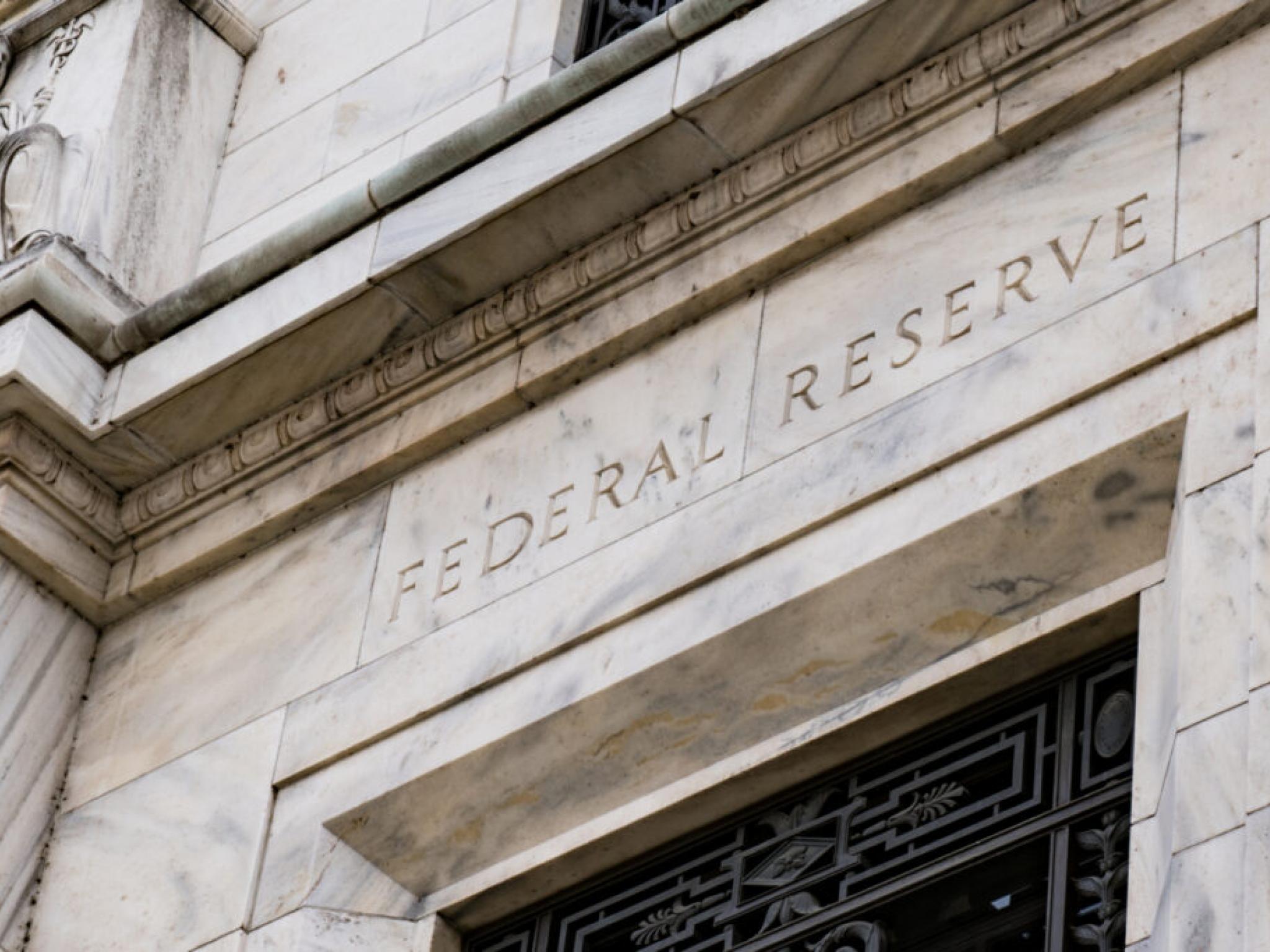US Federal Reserve Considers Rule Change To Save Largest Banks Billions In Capital: Report
Author: Shivani Kumaresan | July 09, 2024 11:06am
The U.S. Federal Reserve is considering revising a key rule that could save the nation’s largest banks billions in capital.
This potential change addresses the “GSIB surcharge,” an additional capital layer imposed on the U.S. global systemically important banks (GSIBs) to enhance their stability, first introduced in 2015.
The Fed is evaluating updates to the inputs used for calculating this surcharge, which could more accurately reflect the banks’ size relative to the global economy, reported Reuters.
If implemented, these changes could largely reduce the capital requirements for major banks like JPMorgan Chase & Co(NYSE:JPM), Citigroup Inc (NYSE:C), and Bank of America Corp (NYSE:BAC).
Collectively, U.S. GSIBs held approximately $230 billion in capital due to the surcharge in the first-quarter 2024, according to Fed data.
The other GSIBs include Wells Fargo & Co (NYSE:WFC), Goldman Sachs Group Inc (NYSE:GS), Morgan Stanley (NYSE:MS), Bank of New York Mellon Corp (NYSE:BK), and State Street Corp (NYSE:STT).
Also Read: US Banks Bump Up Dividends Following Fed’s Successful Stress Test
The surcharge was introduced post-2009 financial crisis to enhance resilience among large banks. The Fed set coefficients in 2015 using data from 2012-2013, aiming for predictability.
However, GSIBs argue the outdated methodology makes them appear larger relative to the global economy, inflating their capital requirements.
Updating the coefficients could reduce banks’ systemic scores and capital surcharges, with even a 0.5% reduction potentially saving banks like JPMorgan and Bank of America over $8 billion each.
This would allow banks to reinvest more capital into the economy through lending.
Fed officials are wary of appearing to benefit a few large banks, but the recent “Basel Endgame” proposal, aimed at raising capital for GSIBs, has reignited discussions.
While some believe updating the coefficients is separate from Basel reforms, it could serve as an independent measure to balance increased capital requirements.
Disclaimer: This content was partially produced with the help of AI tools and was reviewed and published by Benzinga editors.
Read Next:
Image: Shutterstock
Posted In: BAC BC BK C GS JPM MS STT WFC





